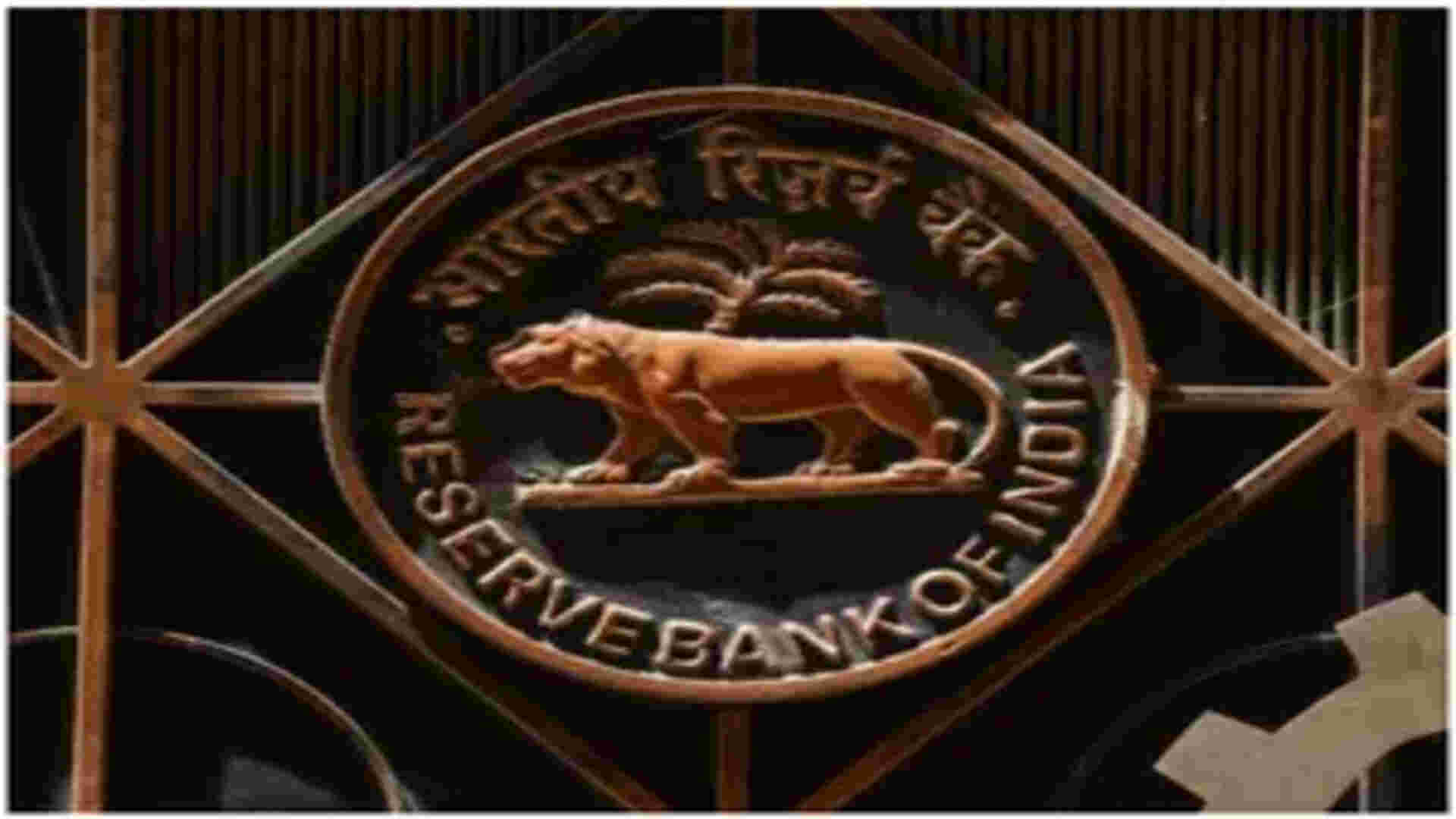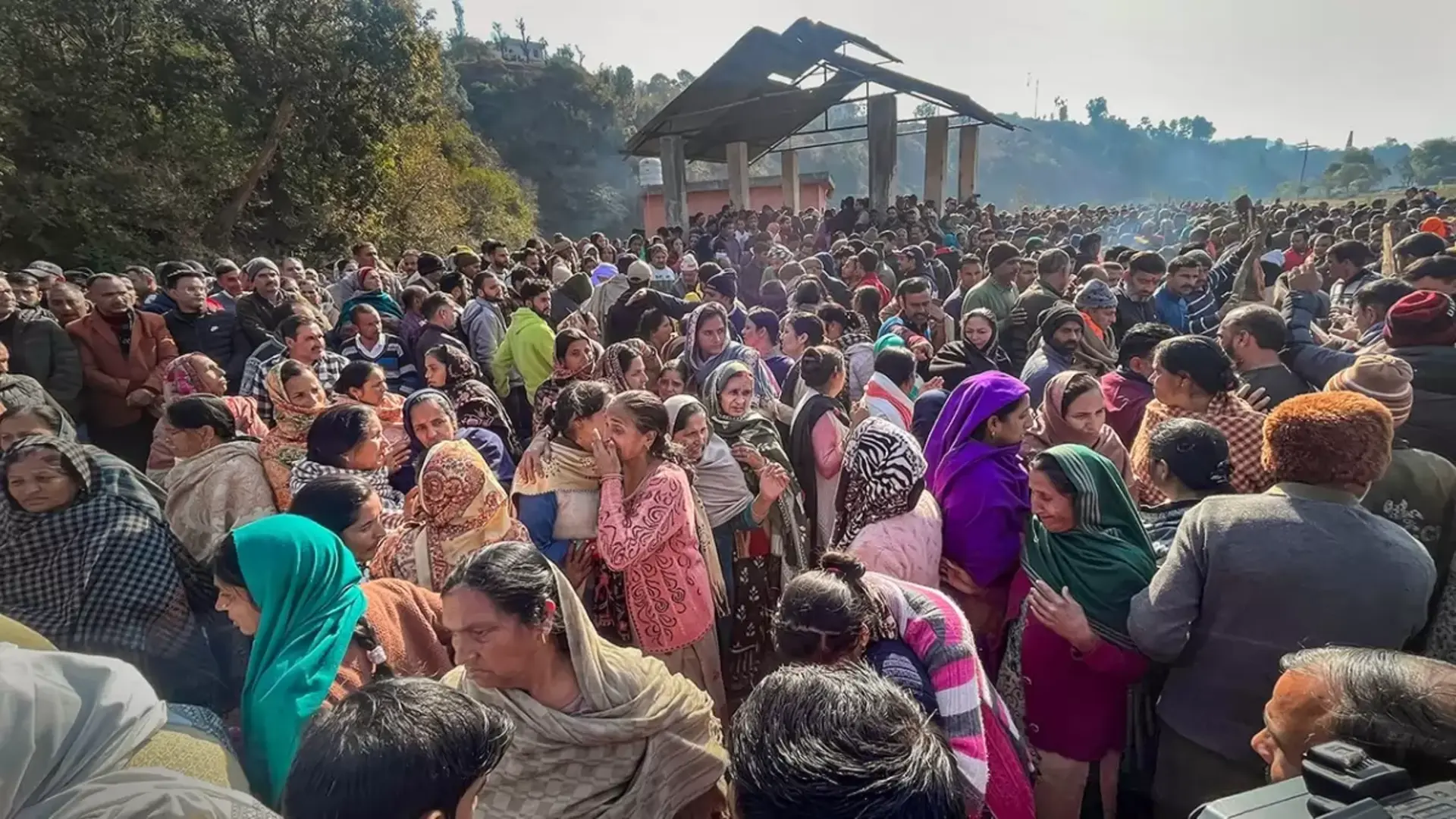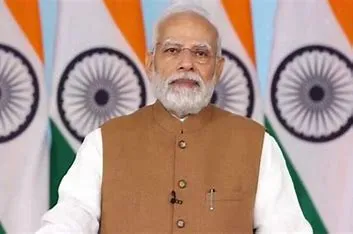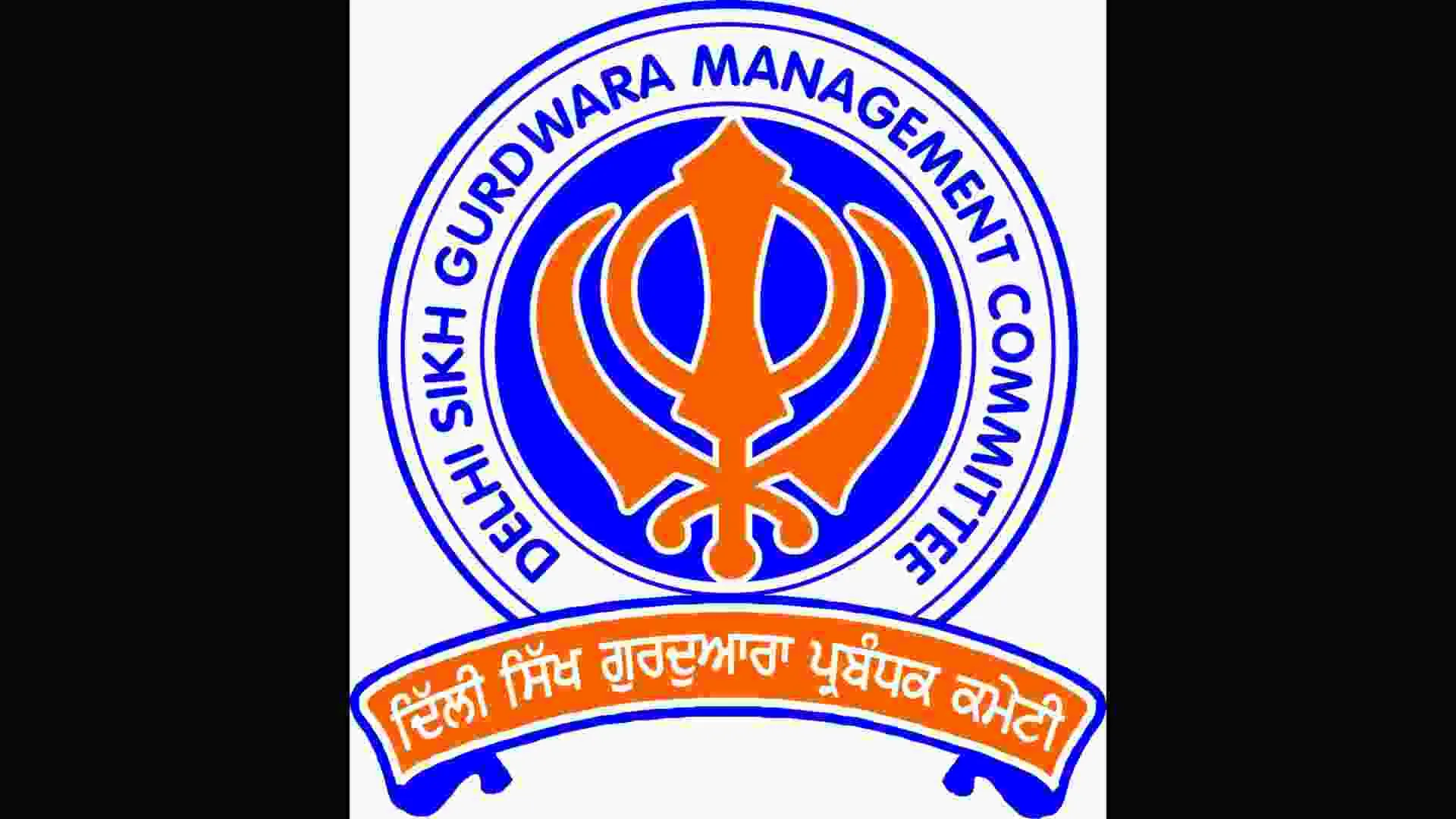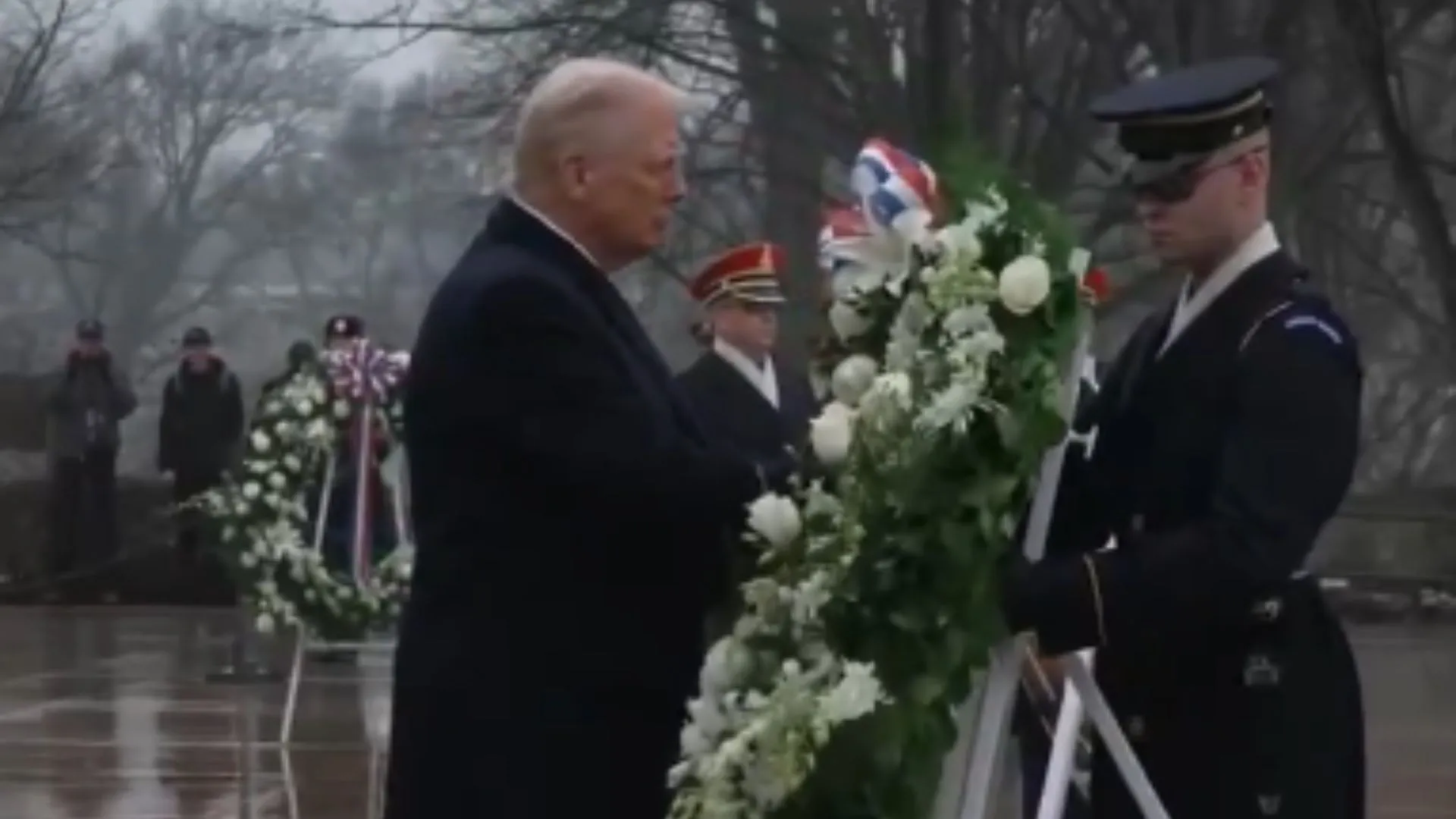The Reserve Bank of India (RBI) is considering expanding the Real-Time Gross Settlement System (RTGS) to include major currencies like the US dollar, euro, and pound sterling. This initiative aims to enhance the speed and affordability of cross-border payments.
RTGS, which facilitates real-time fund transfers between banks, is currently operated by the RBI. Governor Shaktikanta Das has indicated that the central bank is exploring options to broaden the RTGS framework.
The proposed expansion would be implemented through bilateral or multilateral agreements, allowing for quicker and more cost-effective cross-border payments and remittances. The RBI has long advocated for more accessible payment systems, with Deputy Governor T. Rabi Sankar recently highlighting the exorbitant costs associated with current cross-border remittances as “simply unconscionable.”
At the RBI@90 conference in New Delhi, Das mentioned that India, along with other economies, is already working on linking cross-border fast payment systems in both bilateral and multilateral formats.
In addition to RTGS expansion, Das highlighted the potential of central bank digital currencies (CBDCs) in improving cross-border payment efficiency. However, he stressed the need for harmonized standards and interoperability. While countries might prefer to create systems tailored to their domestic needs, Das suggested that a plug-and-play approach could help replicate India’s successful model while respecting each nation’s sovereignty.

